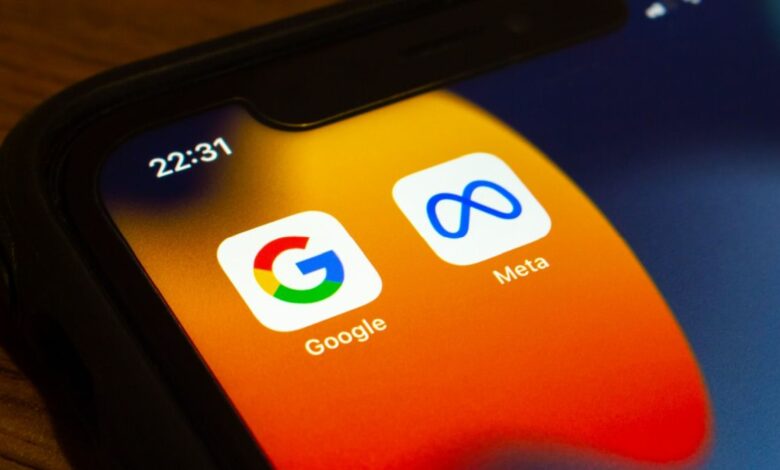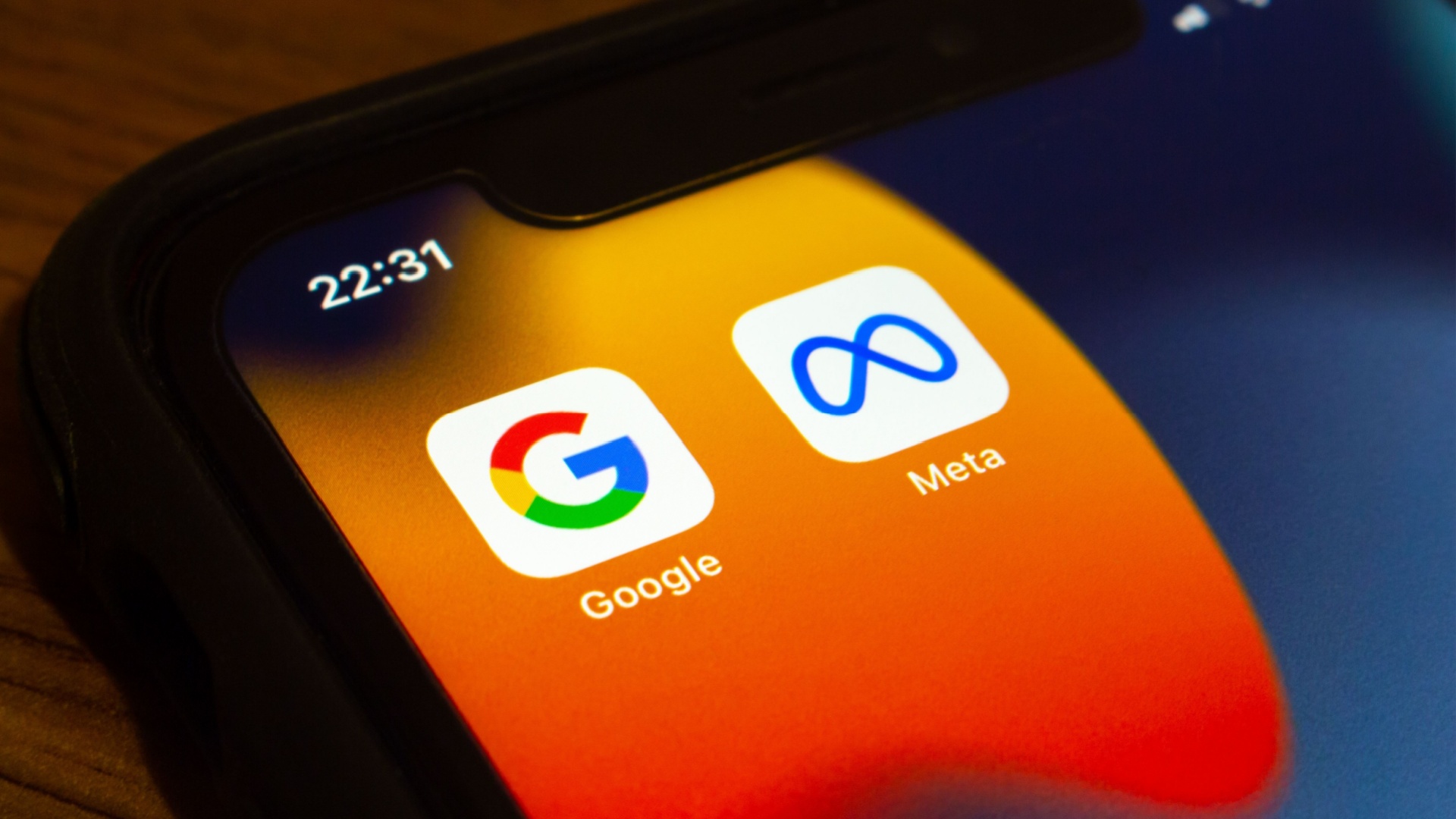Google and Meta reportedly circumvent their own rules to target young teens, showing why tech giants can’t regulate themselves


Google and Meta are said to have launched ads targeting young teens, circumventing Meta’s policy that prohibits such actions.
According to a report from the Financial Times (via Engadget), Google created a marketing campaign targeting the 13-17 year old demographic, advertising Instagram to YouTube users in that age range. To get around this a separate rule against age-related advertisingcreated a group labeled “unknown.” It then pitched the plan to Meta, another tech giant with a similar policy of limiting age-restricted ads, by presenting data showing daily interactions with the demographic.
The campaign launched successfully in Canada with media agency Spark Foundry, and then in the US, with plans to include other Meta apps and regions. According to the Financial Times , the campaign was canceled after the publication contacted Google, though it did not admit wrongdoing as “it did not directly target registered YouTube users known to be 18 years of age.”
Interestingly, Google’s own policies define the campaign as violating its rules, as they also include rules against proxy targeting.
Why this is important
This recent debacle shows why tech companies can’t be trusted to regulate themselves, even when they create and publicly promote policies to protect users — especially the most vulnerable. Both Google and Meta used their knowledge of their regulations and the former’s extensive demographic information to create an entire campaign across multiple regions.
If the Times hadn’t found documents detailing these plans, Google and Meta would still be profiting from this operation by exploiting such a young demographic. Worse, they would still be reaping the reputational benefits of this policy, encouraging teens to continue using YouTube because it’s considered safe.
Even when confronted with overwhelming evidence of its actions, Google reportedly had no problem claiming that it hadn’t violated its policies. Interestingly, the campaign itself violated Google’s own policies, as the company also has rules against proxy targeting.
This isn’t the first rodeo
This isn’t the first time Google has gotten into trouble for its advertising abuses. In 2023, the U.S. Department of Justice filed a massive antitrust lawsuit against Google “for monopolizing digital advertising technologies” due to its monopoly in the ad tech space.
Meta is also hugely guilty of this. The platform is known for exploiting racial bias and was used to influence the 2020 election by discouraging Black and Hispanic voters from voting. The 2018 Cambridge Analytica scandal also revealed that data from 87 million Facebook profiles was used to bombard users with campaign ads for Trump.
Looking back at the grievances these tech giants have had in the past, it comes as no surprise that they would wage such a massive campaign to line their pockets, without considering the consequences of collecting and using this data.
Google, Meta and the like need to be strongly and consistently regulated by external forces, including journalistic organizations and governing bodies. According to the report, the Financial Times was able to force Google to halt this marketing project by confronting the tech giant. Imagine how much safer the internet could be, especially for such a vulnerable demographic of people.




